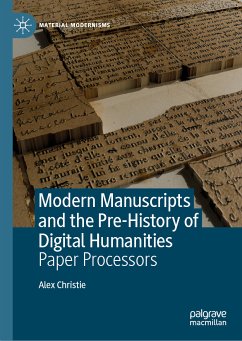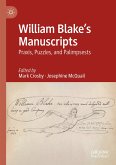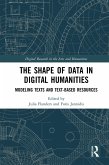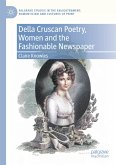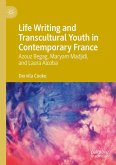While text processing is often associated with the digital humanities, it is still seen as worlds apart from literary modernism and its aesthetic preoccupations. This book upsets that narrative. Examining literary manuscripts from some of the twentieth century's best-known and lesser-known novelists, from Marcel Proust to Mina Loy, Alex Christie reveals where authors experimented with proto-digital writing methods by hand. Instead of looking to computers as sources of inspiration, the authors discussed turned to twentieth-century media for their ability to reveal new layers of the material world. From analog fantasies of contacting the dead to digital anxieties of invisible information, the aesthetic ambitions of these novels can be traced back to their author's interest in emerging media devices and their technical operation. To capture the magic of such devices through writing, these authors devised radical methods for generating literary text, anticipating today's digital humanities.
Alex Christie is Associate Professor of Digital Prototyping at Brock University's Department of Digital Humanities, Canada. He has published in Digital Humanities Quarterly, Journal of Interactive Technology and Pedagogy, and Reading Modernism with Machines; he co-edited American Science Fiction Television and Space; his digital projects include z-axis research and Pedagogy Toolkit.
Dieser Download kann aus rechtlichen Gründen nur mit Rechnungsadresse in A, B, BG, CY, CZ, D, DK, EW, E, FIN, F, GR, HR, H, IRL, I, LT, L, LR, M, NL, PL, P, R, S, SLO, SK ausgeliefert werden.

